Council of State Elections: Rev. Alexander Nti Calls for Youth Leadership to Drive Ashanti’s Development
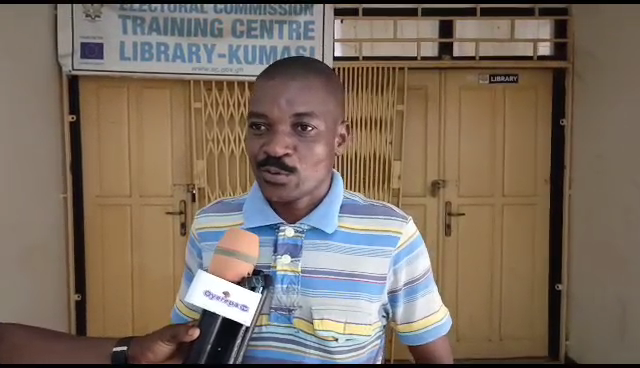
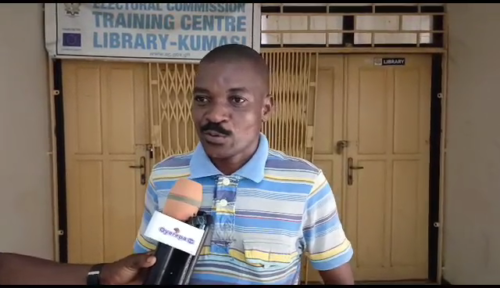
Rev. Alexander Nti, a 2025 Council of State aspirant for the Ashanti Region, has made a strong appeal for a generational shift in leadership, urging presiding members to elect a youthful representative who will prioritize development and tackle the pressing issue of unemployment.
Speaking in an exclusive interview with the media, Rev. Nti expressed deep disappointment over the region’s slow progress despite being represented by well-known figures on the Council of State for over four decades.
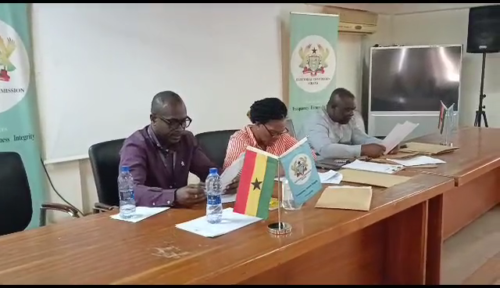
“For more than 45 years, prominent individuals have represented Ashanti on the Council of State, yet our region remains underdeveloped. This clearly shows they have not done enough. It is time for the youth to take charge and bring fresh ideas to move Ashanti forward,” he declared.
As a passionate advocate for youth empowerment, Rev. Nti identified unemployment as one of the biggest challenges facing the Ashanti Region and vowed to make it his top priority if elected.

“My main focus as a Council of State member will be to push for policies that create sustainable jobs for the youth. Ashanti Region contributes significantly to Ghana’s economy, yet our young people are struggling. We must change this narrative,” he emphasized.
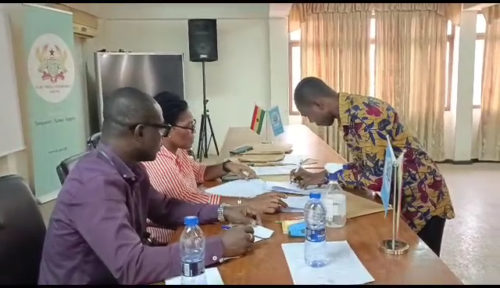
With the Council of State elections scheduled for February 11, 2025, Rev. Nti urged presiding members to make a bold decision by electing a leader who truly understands the region’s challenges and is committed to addressing them.
“I am calling on all presiding members to vote for real change. Ashanti deserves a representative who will work tirelessly to secure development and opportunities for our people,” he appealed.
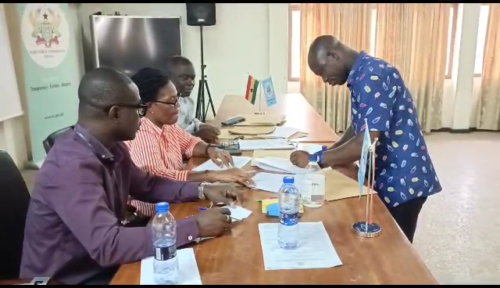
His call for youth leadership has been met with growing support, with many youth groups and community leaders backing his vision for a more dynamic and results-driven representation on the Council of State.
As the election day approaches, Rev. Nti’s campaign is gaining momentum, sparking conversations about the need for fresh leadership that prioritizes job creation, economic growth, and sustainable development in the Ashanti Region.
By Simon Opoku Afriyie




